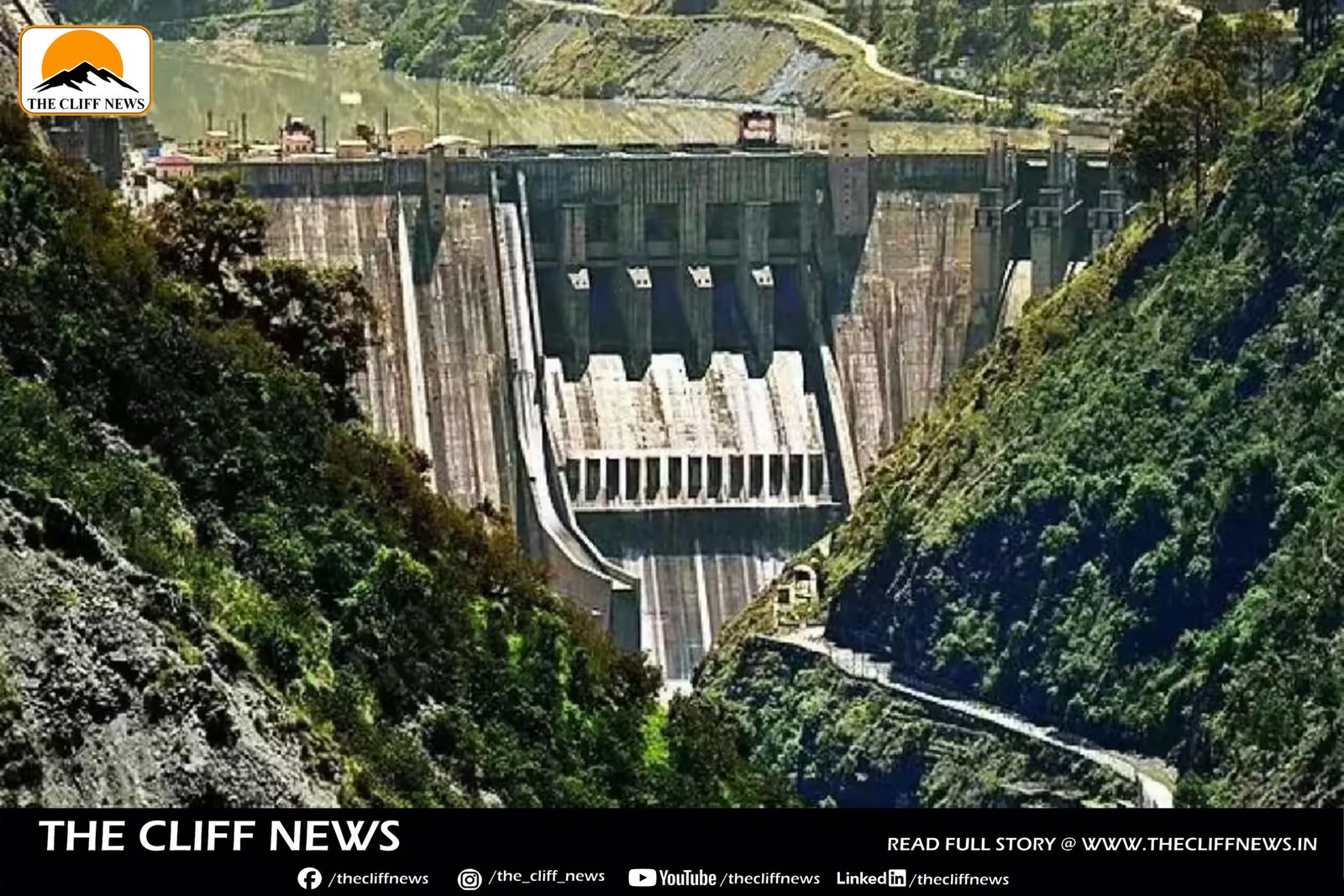India on Friday strongly rejected the authority and decisions of the Court of Arbitration formed under the Indus Waters Treaty (IWT), after the body issued a supplemental award asserting its jurisdiction over the ongoing dispute related to the Kishenganga and Ratle hydroelectric projects in Jammu & Kashmir.
In a sharp statement, the Ministry of External Affairs (MEA) said that the arbitration court, constituted by the World Bank in October 2022, was “illegally formed” and acting “at Pakistan’s behest”. It labelled the award as the “latest charade” and a tactic by Islamabad to divert attention from its role as a hub of global terrorism.
“India has never recognised the existence in law of this so-called Court of Arbitration,” the MEA said, adding that any award or decision from it is “illegal and per se void”. The ministry emphasized that the court’s very constitution is in “serious breach” of the Indus Waters Treaty, and India has consistently opposed its proceedings.
Background of the Dispute
The Kishenganga project is being built on the Kishenganga River, a tributary of the Jhelum, while the Ratle project is on the Chenab River—both classified as “Western Rivers” under the IWT, from which Pakistan draws its water share.
Pakistan first raised objections in 2015 regarding the design of these projects and initially sought resolution through a neutral expert, as per the treaty. However, it later withdrew that request in 2016 and sought adjudication via a Court of Arbitration. India opposed this move and continued pushing for neutral expert mediation.
Eventually, on October 13, 2022, the World Bank appointed Michal Lino as the neutral expert but also controversially constituted the arbitration court the same day—sparking India’s strong protest.
India has consistently maintained that it cannot be forced to recognise “illegal and parallel proceedings” that are outside the Treaty’s framework, even as it continues to participate in treaty-compliant neutral expert proceedings.
Treaty in Abeyance Post Pahalgam Attack
Following the April 23, 2024 terrorist attack in Pahalgam, in which 26 people were killed, India took a significant step by placing the Indus Waters Treaty “in abeyance”. On Friday, the MEA reiterated this stance, asserting that India is no longer bound to uphold its obligations under the Treaty unless Pakistan irreversibly ends its support for cross-border terrorism.
The ministry further declared:
“No Court of Arbitration, much less this illegally constituted arbitral body which has no existence in the eye of law, has the jurisdiction to examine the legality of India’s actions in exercise of its rights as a sovereign.”
Significance of the Treaty
The Indus Waters Treaty, signed on September 19, 1960, between Prime Minister Jawaharlal Nehru and President Ayub Khan, remains one of the few lasting diplomatic agreements between India and Pakistan. It governs the distribution of the six major rivers of the Indus basin—giving India full rights over the Eastern Rivers (Sutlej, Beas, Ravi), while Pakistan receives the waters of the Western Rivers (Indus, Jhelum, Chenab).
India’s move to review and seek modification of the Treaty began with a notice to Pakistan in January 2023, followed by a more assertive notice in September 2024, indicating a potential reconsideration or withdrawal from the Treaty.
As the Treaty approaches its 65th anniversary, the latest developments mark a significant shift in India’s position—linking water diplomacy to its broader national security concerns and demanding accountability from Pakistan on the issue of terrorism.



